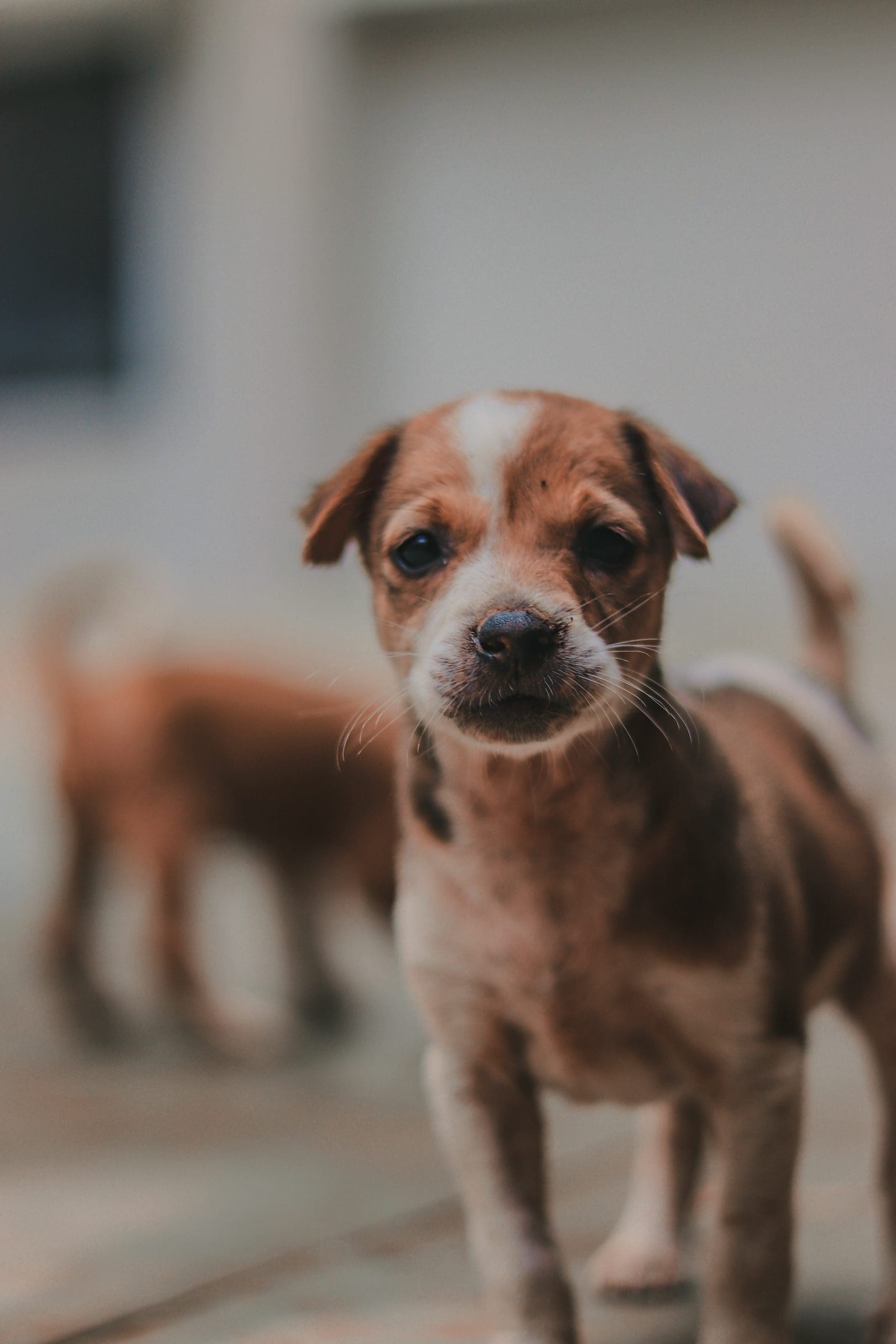Potty training a puppy presents a significant challenge for many new dog owners. While the process can be time-consuming, a combination of patience and consistency often leads to quick learning. Knowing what to expect can help set realistic goals and alleviate frustration for both you and your puppy.
Timeframe for Potty Training
Typically, the timeframe for fully potty training a puppy ranges from a few weeks to several months. Various factors influence this duration, including the puppy’s age, breed, consistency in training, and individual personality. Younger puppies, particularly those under six months, usually have smaller bladders and less control, necessitating more frequent bathroom breaks. Conversely, puppies nearing six months or older often grasp the concept more rapidly due to improved bodily control.
Establishing a Routine
Creating a consistent routine is crucial for successful potty training. Puppies thrive on predictability, so establishing a regular schedule for feeding, playtime, and bathroom breaks can help them understand when and where to relieve themselves. Taking your puppy outside first thing in the morning, after meals, after play, and before bedtime reinforces the association between these moments and the need to go outside.
Breed Considerations
The breed of your puppy can also impact the training process. Certain breeds, like golden retrievers and poodles, are generally easier to train due to their eagerness to please. Other breeds may exhibit more stubbornness or independence, which can prolong the training timeline. It’s essential to recognize that each puppy is unique, and individual temperament plays a significant role.
Handling Accidents with Patience
Accidents are an inevitable part of the potty training journey. Remaining patient and understanding is vital, as puppies are still learning about their bodies and the world around them. When accidents happen, avoid scolding. Instead, calmly clean up and take your puppy outside to reinforce the desired behavior. Positive reinforcement is an effective strategy; praise your puppy enthusiastically when they successfully relieve themselves outside. Treats, verbal praise, and petting all help encourage the behavior you want to see.
Recognizing Signals
Understanding your puppy’s signals is another key aspect of successful potty training. Puppies may exhibit signs such as whining, circling, or sniffing when they need to go outside. Learning to recognize these cues allows you to respond promptly, minimizing accidents indoors. The sooner you can take your puppy out when they show these signs, the quicker they will learn to communicate their needs.
Environmental Influences
Environmental factors can also affect the potty training timeline. If you live in an area with harsh weather, such as heavy rain or extreme cold, your puppy may be less inclined to go outside. Creating a designated potty area that remains accessible during inclement weather can help. Additionally, if your puppy is easily distracted by other animals or people, focus on eliminating those distractions to facilitate training.
Importance of Socialization
Socialization plays a vital role in the potty training process. Exposing your puppy to various environments, people, and other animals helps them become more comfortable and confident. This exposure can reduce anxiety and distractions, making it easier for them to focus on their training. Ensuring your puppy has positive experiences during these outings is essential, as negative encounters can lead to fear and reluctance to go outside.
Timing the Training
Starting the potty training process as soon as your puppy arrives in their new home enhances the likelihood of success. Most puppies can typically control their bladders better by six months of age, though this varies from dog to dog. Some may require more time to master the skill.
Consistency is Key
Consistency in training methods is vital. If multiple family members care for the puppy, everyone must follow the same potty training techniques. Mixed signals can confuse your puppy and hinder progress. Establishing a clear plan and adhering to it can accelerate your puppy’s learning.
Crate Training Benefits
Crate training can be an effective tool in the potty training journey. A crate offers a safe, comfortable space for your puppy while teaching them to hold their bladder. Most dogs instinctively avoid soiling their sleeping area, which reduces the likelihood of accidents inside the crate. Ensure the crate is appropriately sized; too much space may allow your puppy to designate one area for sleeping and another for relieving themselves.
Emphasizing Patience and Positivity
Patience and understanding are essential throughout the potty training process. Each puppy learns at their own pace, and some may take longer than others. Maintaining a positive attitude and celebrating small victories can keep both you and your puppy motivated.
Recognizing the variability in potty training timelines can help you navigate this journey with your puppy. Factors such as age, breed, consistency in training, and individual personality all contribute to how long it takes. With dedication, routine, and positive reinforcement, you and your puppy can achieve success together.



